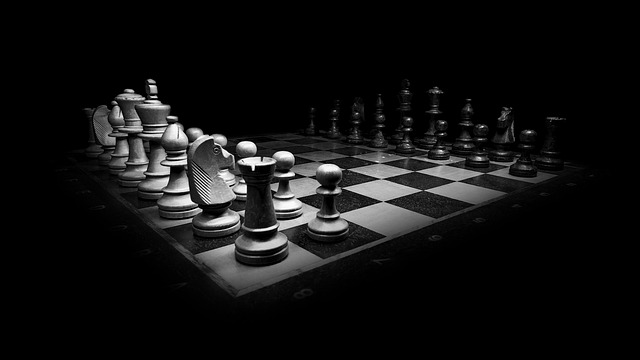The Intellectual Pursuit: Exploring Existentialism at the Intersection of Science and Modern Philosophy
In today’s rapidly evolving world, the quest for understanding is an intrinsic part of our existence. We live in an age where the boundaries between science and modern philosophy increasingly blur, invoking a sense of wonder and intellectual curiosity that draws us into deep existential questions. How do we make sense of our place in the universe? What role do we play in the grand scheme of things? These inquiries drive us to explore the very fabric of reality, and along the way, we uncover the profound intersection where science meets existential thought.
Existentialism, with its emphasis on the individual’s experience and responsibility, invites us to reflect on our existence in an age dominated by empirical knowledge. The existentialists, from Jean-Paul Sartre to Simone de Beauvoir, assert that while science provides us with a framework to understand the physical world, it often falls short of addressing the deeper questions of meaning and purpose. They encourage us to embrace our humanity and acknowledge the chaos of life, asserting that we are not just observers of scientific phenomena, but active participants in the creation of meaning.
Consider how the advancements in science provoke existential reflections. Breakthroughs in fields such as quantum physics and cosmology challenge our perceptions of reality, prompting us to ponder concepts like the nature of consciousness and existence itself. The idea that we can be both a particle and a wave at the same time, as described in quantum theory, mirrors the existential idea that we are multifaceted beings capable of holding contradictory truths. This paradox invites us to embrace the complexity of our lives—an intellectual pursuit that resonates deeply within us.
Moreover, the advent of artificial intelligence and its implications on what it means to be human” raises fundamental existential questions. As machines become more capable of mimicking human behavior, we are forced to confront the essence of our own identity. Are we merely biological entities bound by our instincts, or do we possess a unique spark that cannot be replicated? Such inquiries are not merely scientific; they traverse the spectrum of modern philosophy, igniting debates about free will, consciousness, and the nature of reality.
In this intellectual exploration, we glean insights from thinkers like Viktor Frankl, who emphasized the search for meaning as a central tenet of human existence. Frankl’s perspective complements scientific inquiry by reminding us that, despite our knowledge of the physical universe, the subjective experience of meaning underlies our lives. The intersection of science and modern philosophy not only enriches our understanding of the world but also enhances our capacity for emotional and intellectual growth.
This intellectual journey is not merely about acquiring knowledge; it is about engaging with the profound questions that define our humanity. By embracing the existential challenge, we can navigate the complexities of existence with curiosity and resilience. We become explorers—not just of the external universe but of our internal landscapes, finding solace in the search for meaning even as we confront the mysteries of life.
As we delve deeper into the interplay between science and modern philosophy, we must remember that every question holds the potential for enlightenment. In this intellectual pursuit, we stand at the cusp of discovery, ready to embrace the unknown and to articulate our own narratives in the symphony of existence. Together, let’s unravel the mysteries that bind us to the cosmos and each other, fostering a deeper understanding of what it means to exist in a world where science and philosophy coexist and inform one another.




